You are cordially invited to the University of Cincinnati’s 4th Annual Data Day sponsored by The University of Cincinnati Libraries and IT@UC.
Diversity, Equity and Inclusion are topics gaining national attention. Our 4th Annual University of Cincinnati Data Day will explore these topics in depth and highlight how researchers can expand their understanding by considering the impact of diversity, equity and inclusion on their own research.
What: University of Cincinnati 4th Annual Data Day
When: Monday, April 1, 2019 9am – 4:30pm
Where: Tangeman University Center, Great Hall (located on the main campus of the University of Cincinnati)
The day will be comprised of panel discussions, an interactive session where participants will learn R programming skills, and keynote speakers to start and end the day. The first keynote speaker, Amanda Wilson, will highlight the historic All of Us Research Program that is gathering data from one million individuals to assist in delivering precision medicine by taking into account individual differences in lifestyle, environment, and biology among participants. The second keynote speaker, Deborah Duran, will address how diversity and inclusion are necessary considerations as we consider our research and how doing so can have an impact on us all. Panelists will discuss health disparities and health equity research from local and statewide perspectives as well as how data is being used to empower social justice.
Don’t miss this exciting day!
For more information and registration visit: http://libapps.libraries.uc.edu/blogs/dataday/.
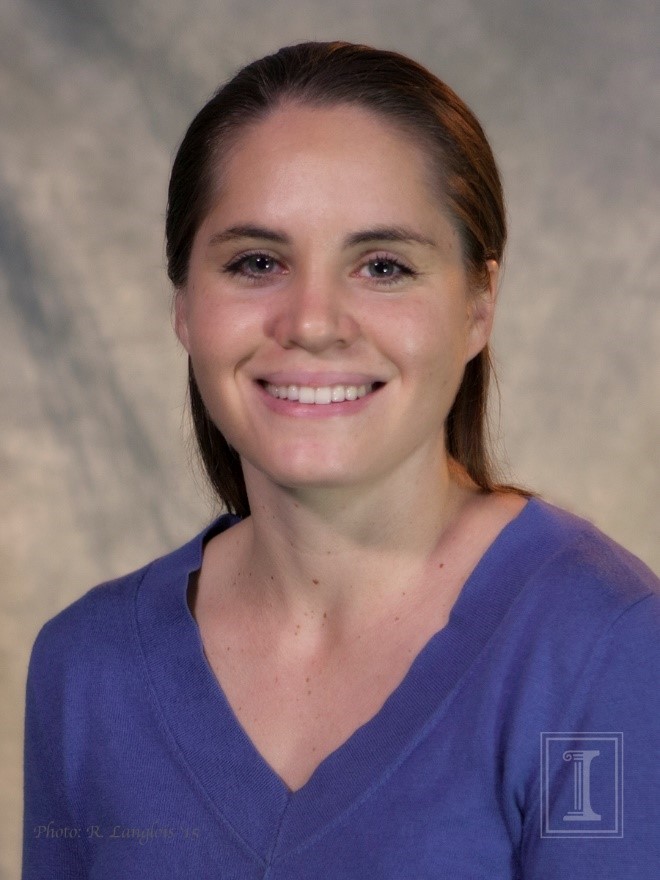 Eleanor Dickson Koehl, digital scholarship librarian with the HathiTrust will visit UC Libraries to give a presentation on the HathiTrust Research Center and conduct a workshop on text mining using HathiTrust Resources and python. The talk will be Tuesday Feb 26th from 3- 4 pm and the workshop will be Wednesday Morning from 9am -12pm with a luncheon afterwards from 12 pm-1 pm. Please join for one or both events which will be held in the Vis Lab 240H Braunstein Hall – inside the Geology-Math and Physics Library. These events are free and open to all. We request that attendees of the text mining workshop complete registration through the faculty one stop system.
Eleanor Dickson Koehl, digital scholarship librarian with the HathiTrust will visit UC Libraries to give a presentation on the HathiTrust Research Center and conduct a workshop on text mining using HathiTrust Resources and python. The talk will be Tuesday Feb 26th from 3- 4 pm and the workshop will be Wednesday Morning from 9am -12pm with a luncheon afterwards from 12 pm-1 pm. Please join for one or both events which will be held in the Vis Lab 240H Braunstein Hall – inside the Geology-Math and Physics Library. These events are free and open to all. We request that attendees of the text mining workshop complete registration through the faculty one stop system.


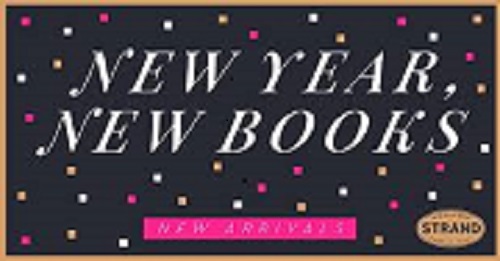


 UC Libraries will be closed Thursday, November 22 and Friday, November 23 for Thanksgiving, with the exception of the
UC Libraries will be closed Thursday, November 22 and Friday, November 23 for Thanksgiving, with the exception of the 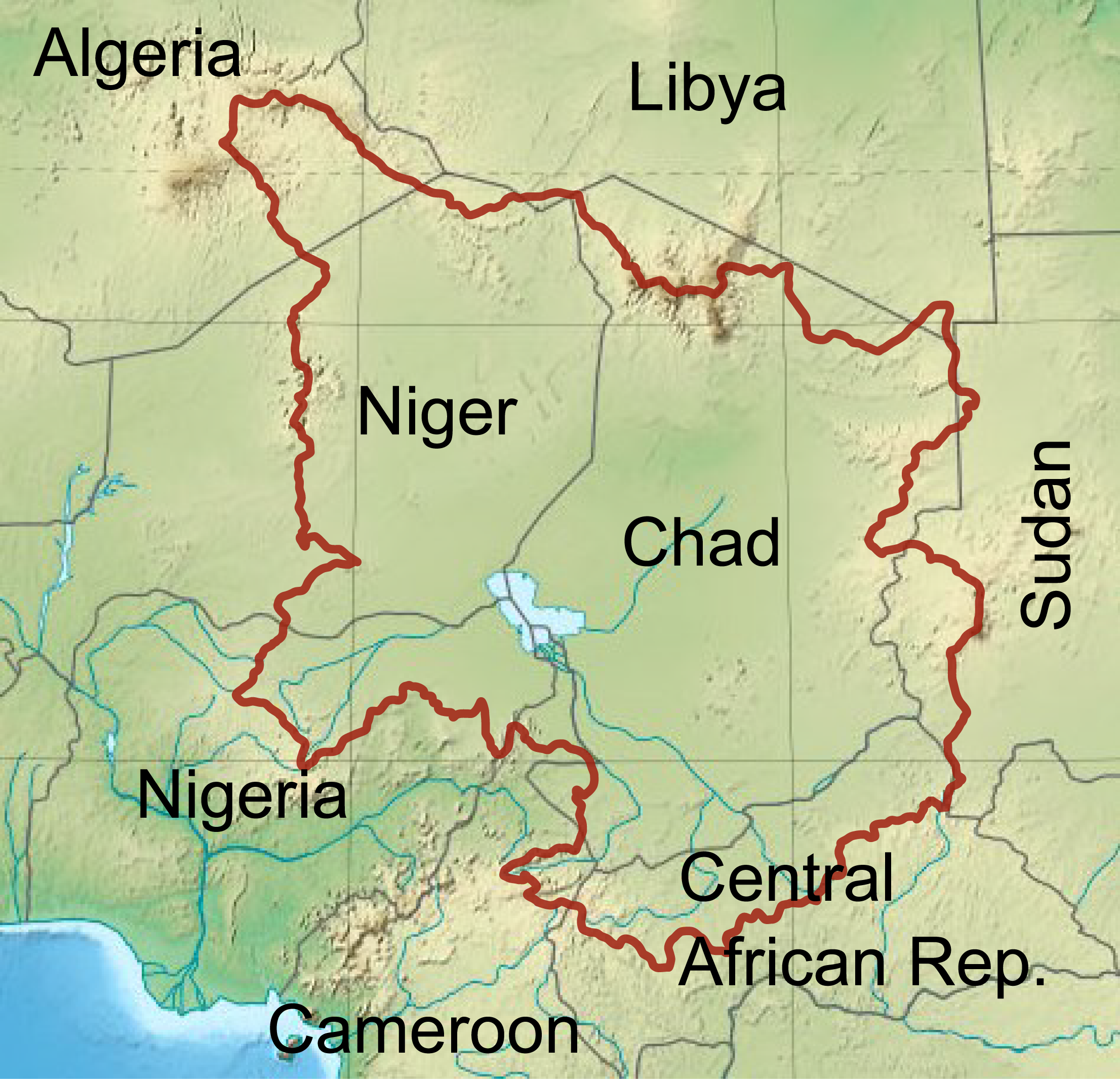
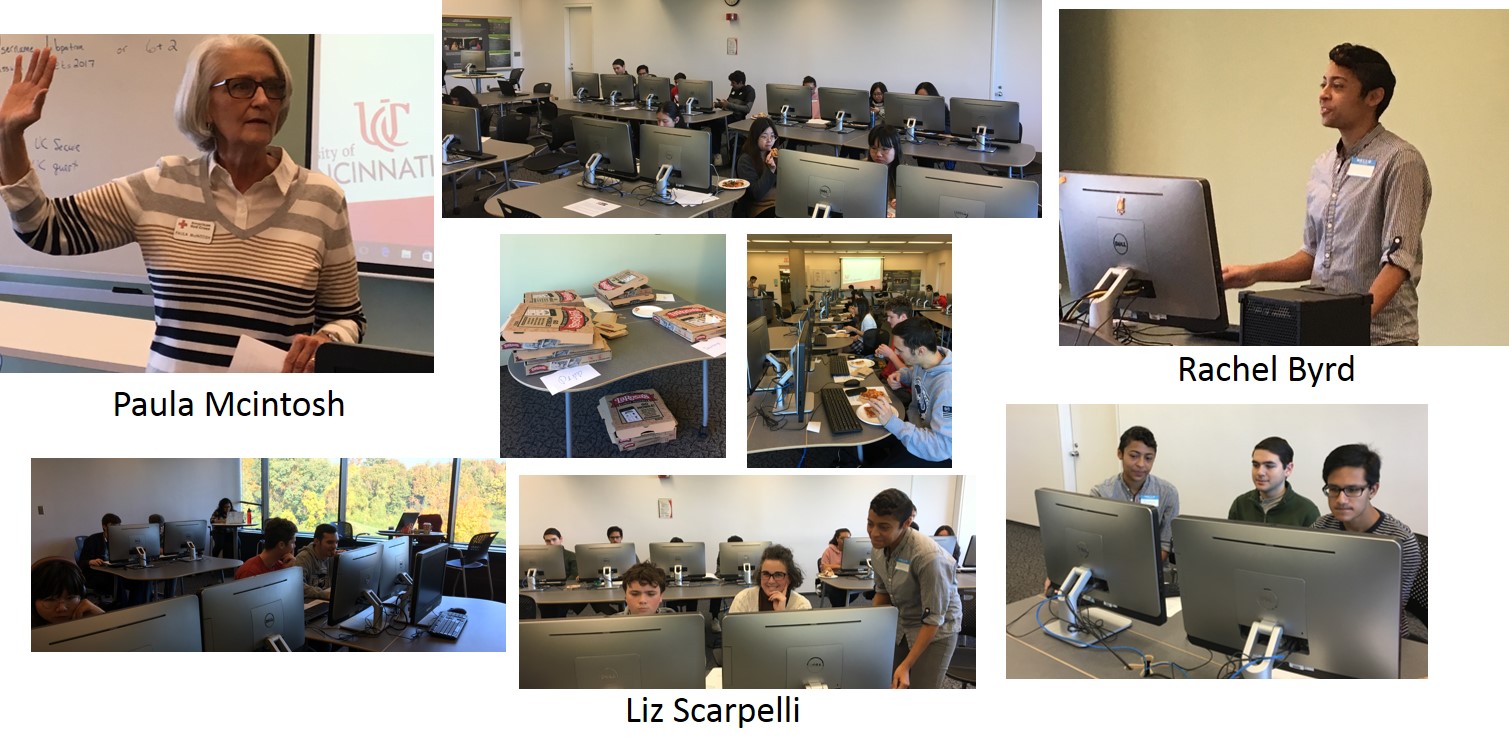
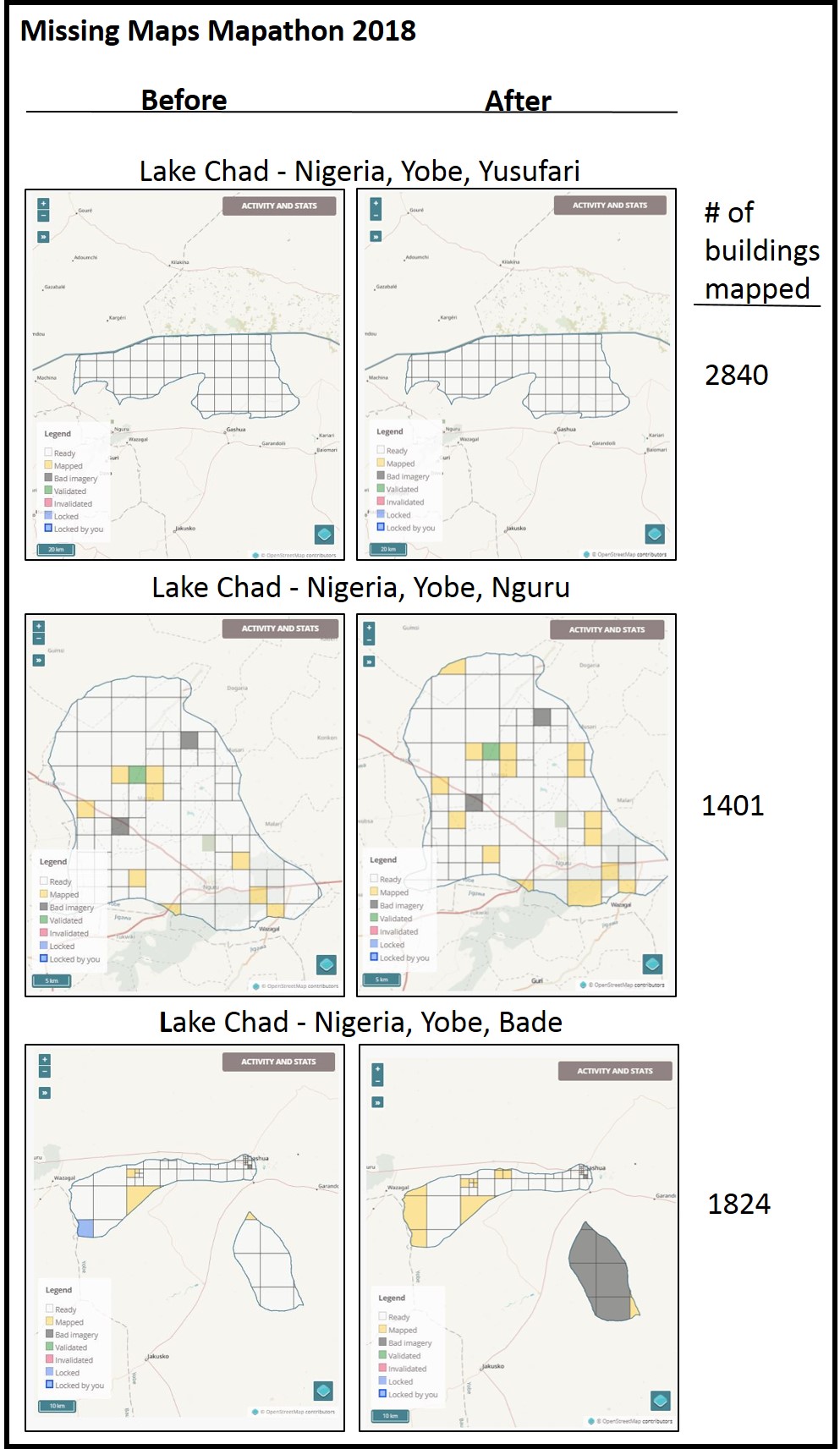
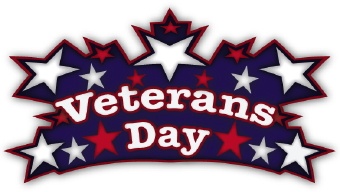 UC Libraries will be closed Monday, November 12 in observance of Veterans’ Day, except for the Donald C. Harrison
UC Libraries will be closed Monday, November 12 in observance of Veterans’ Day, except for the Donald C. Harrison